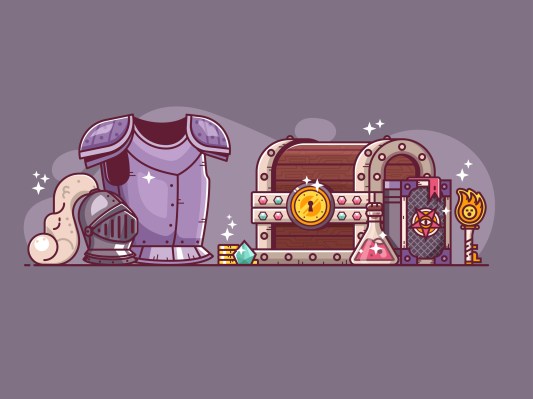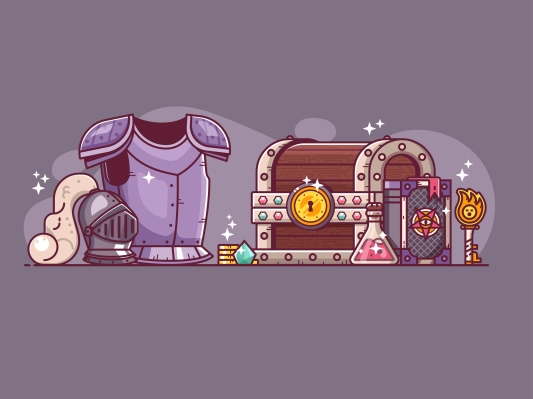
You’d be hard pressed to find a game that doesn’t include some form of microtransactions these days, especially in mobile games. It just makes sense for gaming companies — an immensely lucrative source of revenue, the microtransactions market was worth at $60 billion in 2021, and projected to hit $106 billion by 2026.
Typically offered as in-game collectibles, currencies or chance-based loot boxes, microtransactions are now better received than they were a few years ago. Loot boxes, which are a way for players to receive random in-game rewards in exchange for real money, have been disparaged for a while now, and they’re now increasingly subject to government scrutiny.
Loot boxes have become an issue because they encourage spending real money for a miniscule chance at obtaining valuable in-game items, more often than not leaving players with nothing to show, except a desire to continue gambling for better items. Companies have been known to employ predatory sales tactics to sell loot boxes, and in the process, introduce to minors an avenue to gambling. Despite Electronic Arts’ (EA) insistence that loot boxes are not gambling, and are, in fact, “surprise mechanics,” several studies have shown there is a link between loot boxes and gambling addiction.
Red tape redemption
When Belgium banned loot boxes in 2018, it looked like the first domino had fallen, and further regulation from other countries would follow soon. The ensuing response was sluggish, though, despite countries like the U.K. agreeing that loot boxes are an issue that needs to be addressed.
One of the biggest hurdles faced by countries attempting to regulate loot boxes is that they do not fit their present definitions of what constitutes gambling, allowing companies to offer them and continue operating outside traditional gambling regulations.
The Netherlands, following in the footsteps of Belgium’s ban, tried to get the gears moving as well by fining Electronic Arts in 2019 over the inclusion of loot boxes in its popular FIFA franchise. This fine was overturned earlier this year after an appeal.
EA couldn’t celebrate its win for long, though, as the Netherlands has now pushed to update its legal definition of gambling to ensure better regulation of loot boxes. It remains to be seen if this results in an outright ban, or leads to EA requiring a gambling license and all the regulation that goes with it. When it does happen, it’s likely that EA will simply remove the offending loot boxes from the games sold in the Netherlands, similar to its response to the ban in Belgium.
Credit: Source link


Comments are closed.